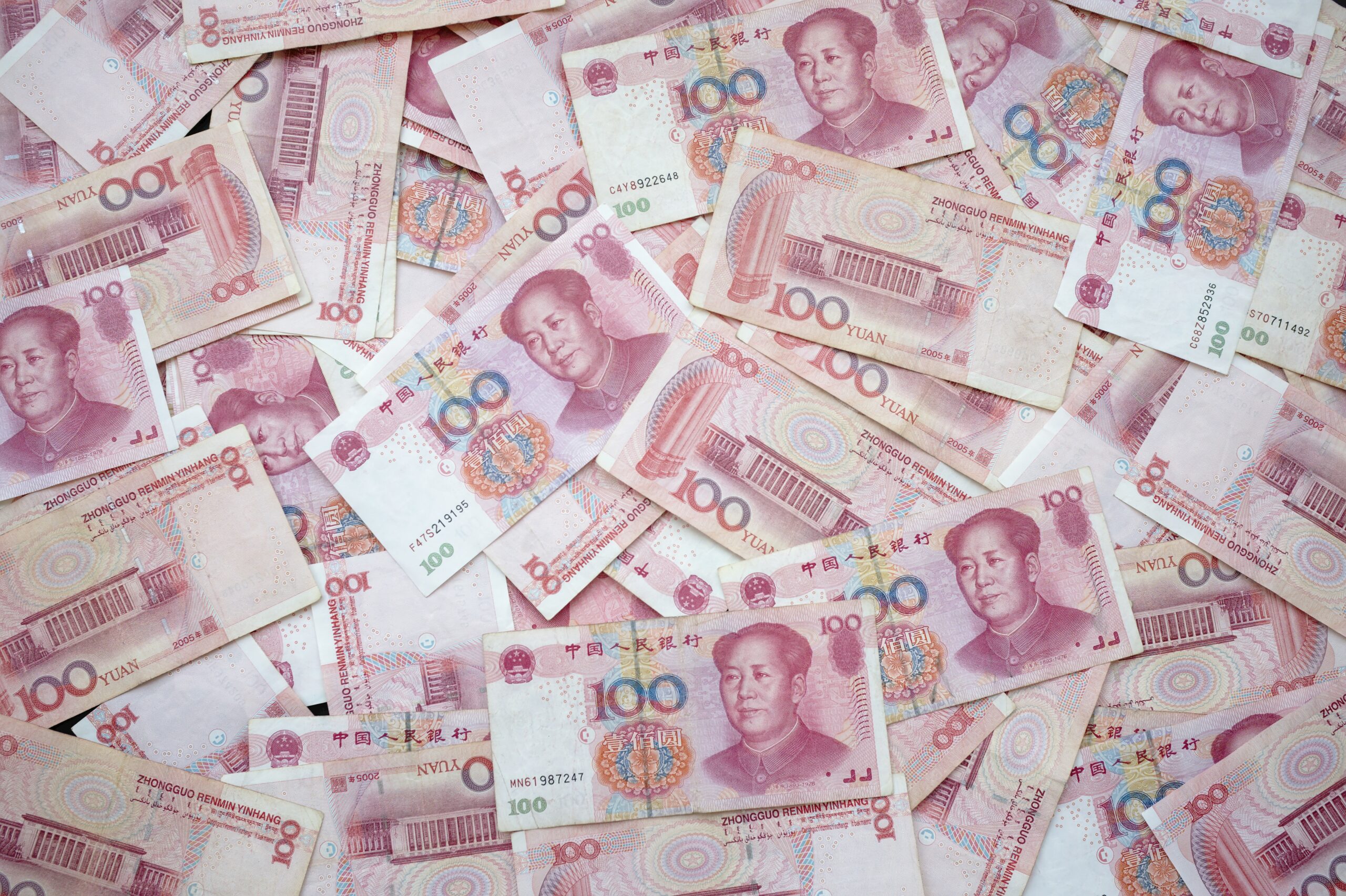Global investors are making record bets against China’s currency, the yuan, driven by growing concerns over the country’s economic slowdown and its ripple effects across Asia. This surge in “short” positions, which profit when a currency’s value falls, highlights a significant loss of confidence in Beijing’s ability to steer its economy and protect its currency.
China’s Economic Headwinds
The bearish sentiment towards the yuan, also known as the renminbi, is fuelled by a combination of persistent domestic challenges. The country’s property market remains in a deep slump, with falling prices and the ongoing struggles of major developers posing a significant risk to the financial system.1
At the same time, sluggish consumer spending and low inflation signal a lack of domestic demand, a key pillar of economic growth.2 Beijing has introduced several stimulus measures, including interest rate cuts and fiscal spending, but these efforts have so far had a mixed impact.3 Analysts say these measures have not been enough to overcome the structural issues plaguing the world’s second-largest economy.
The Yuan’s Domino Effect
The yuan’s weakness is having a tangible impact on other emerging market currencies, particularly those in Asia with strong trade ties to China.4 Currencies like the South Korean won, Malaysian ringgit, and Taiwan dollar are all under pressure as investors’ flight from Chinese assets broadens into a wider retreat from the region.
This contagion effect is a result of China’s immense economic influence. When China’s economy slows, its demand for goods from neighbouring countries, such as electronic components from Taiwan and raw materials from Malaysia, also falls. This reduces export revenues for those nations, putting downward pressure on their currencies. The situation is compounded by a strong US dollar, which often acts as a safe haven during periods of global economic uncertainty.5
Policy Responses
In a bid to stabilise the yuan, the People’s Bank of China (PBOC) has been taking action.6 The central bank has been setting a firmer daily midpoint for the yuan’s trading band and has reportedly directed state-owned banks to sell US dollars.7 These measures are intended to make it more expensive to bet against the currency and to signal the central bank’s commitment to defending it.
Meanwhile, in a surprising policy shift, Beijing is also considering the use of yuan-backed stablecoins to boost its currency’s global usage.8 This move would mark a significant reversal of its long-standing restrictive stance on digital assets and could be an attempt to strengthen the yuan’s international standing and provide a new avenue for capital flows.
Despite these efforts, the record number of short bets suggests that many investors remain unconvinced. The coming weeks will be crucial as markets watch closely to see if China’s policy actions can restore confidence and reverse the tide of bearish sentiment. The currency’s trajectory will likely dictate the fate of many of its regional peers.
















